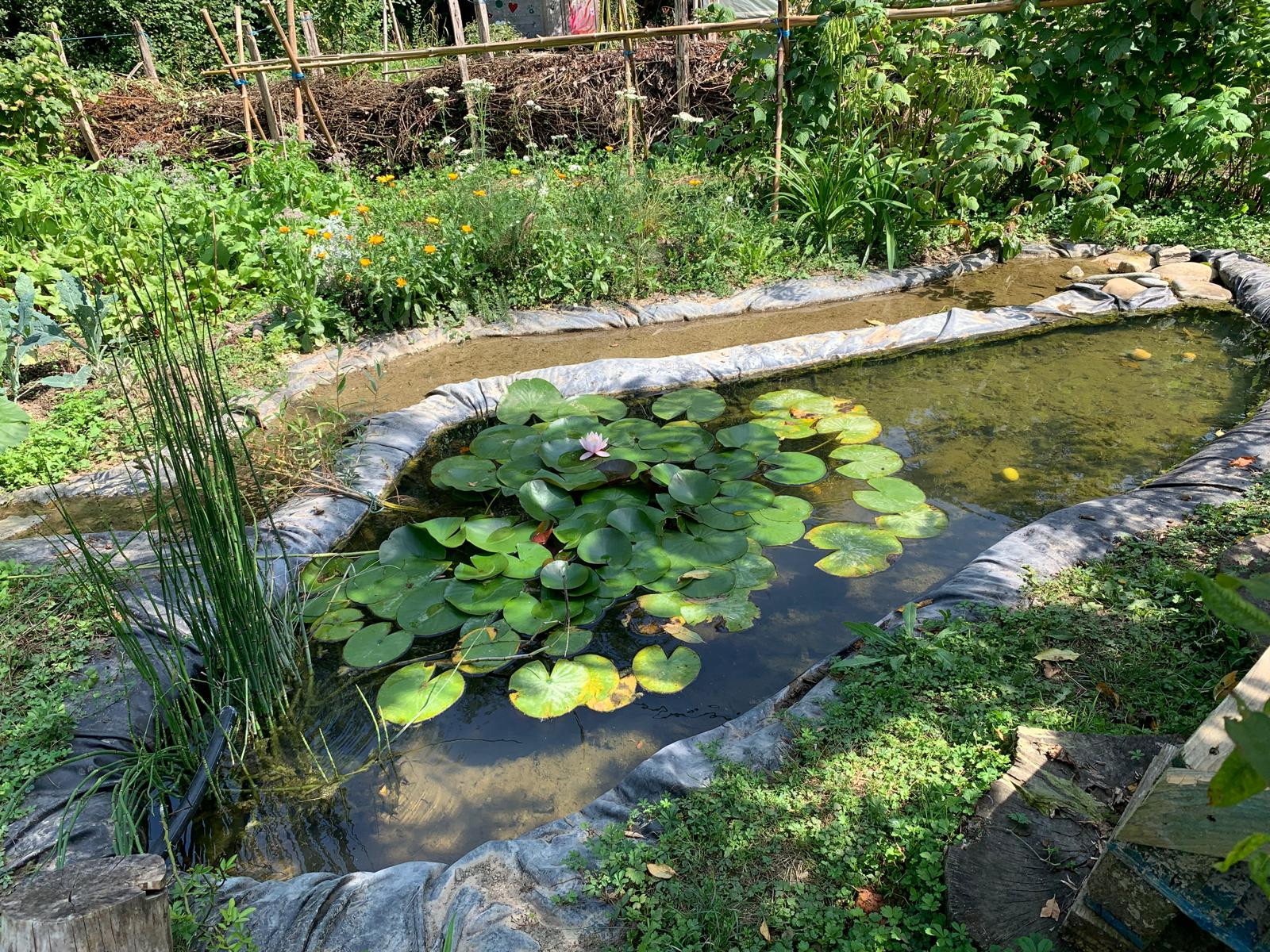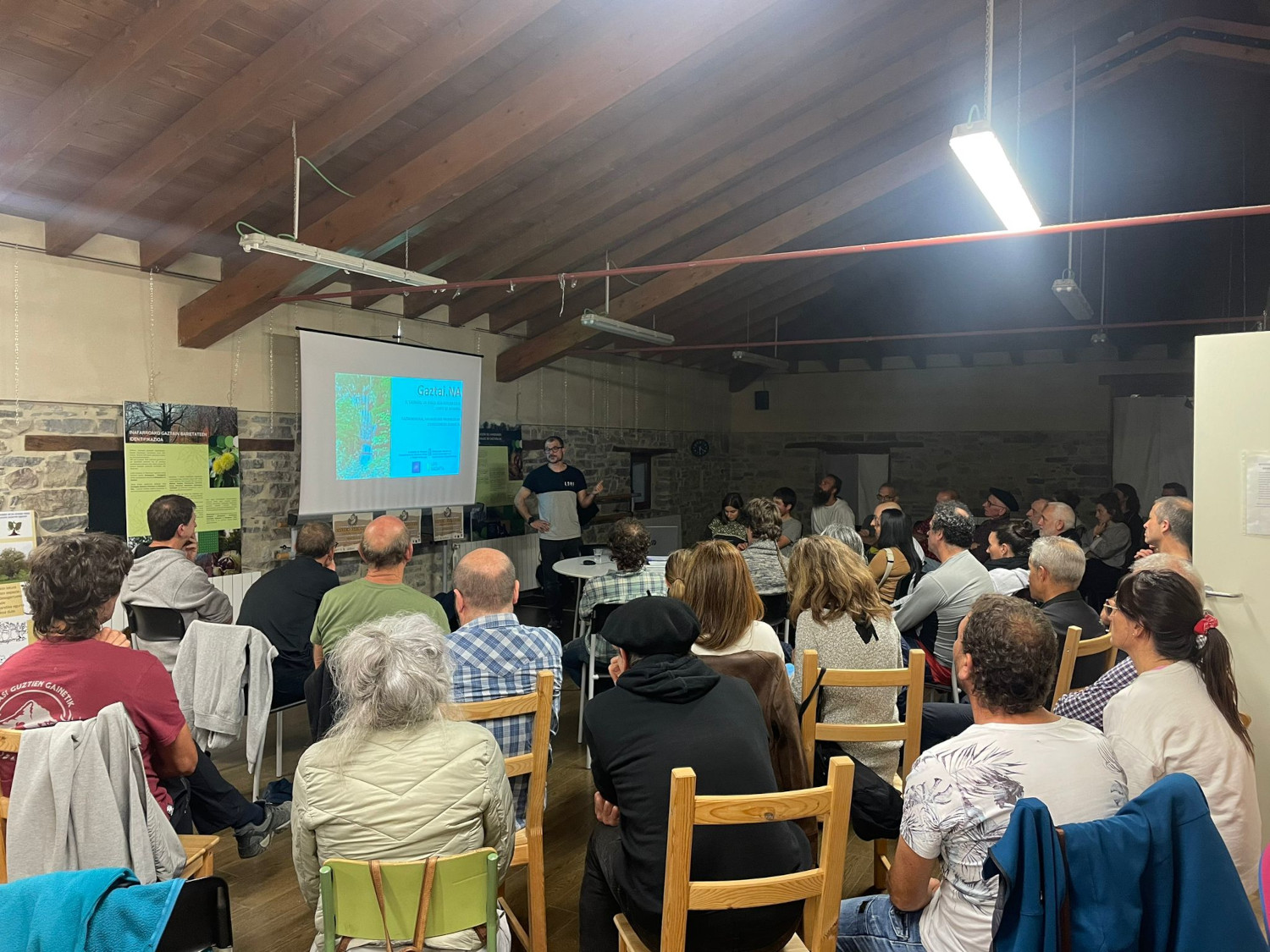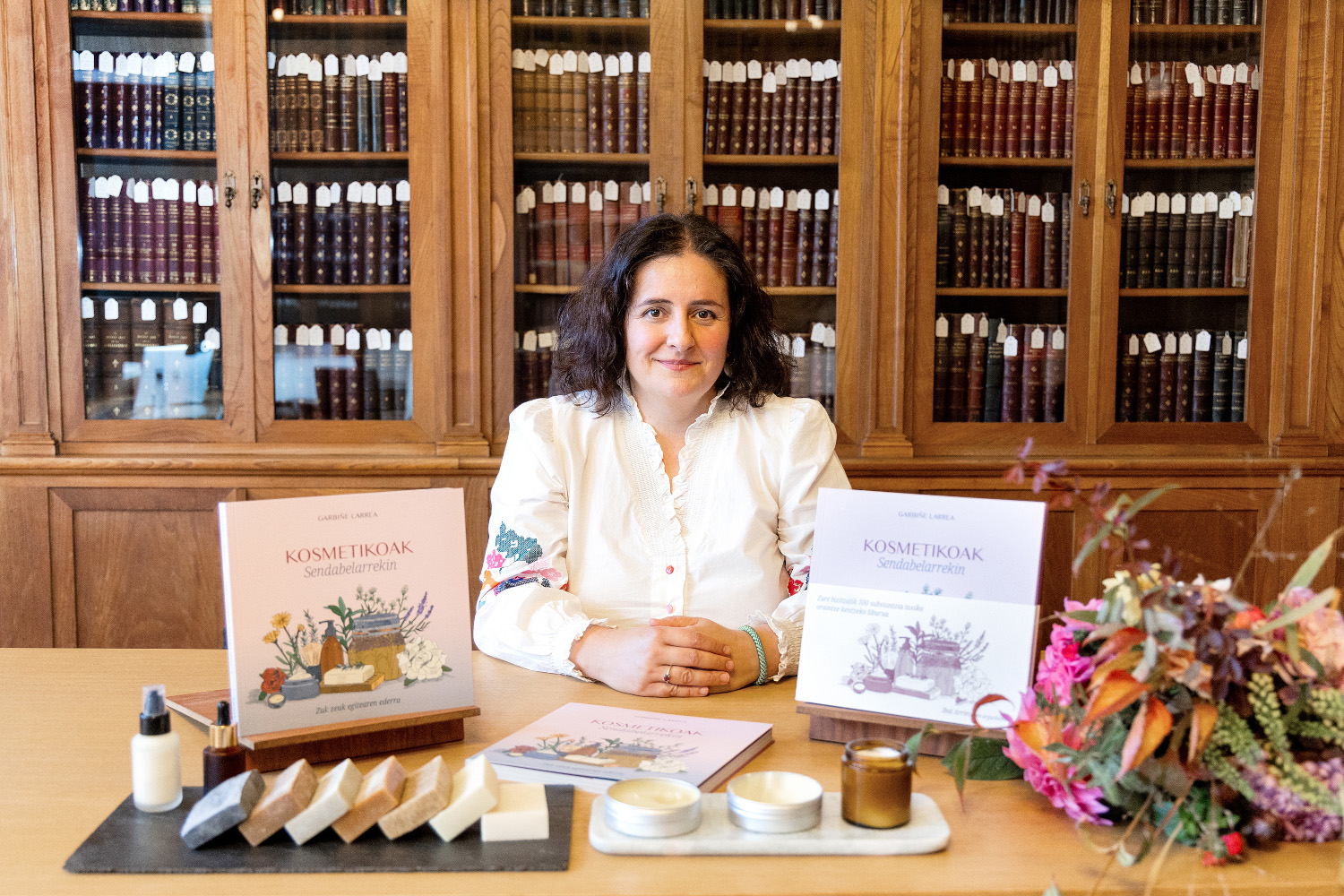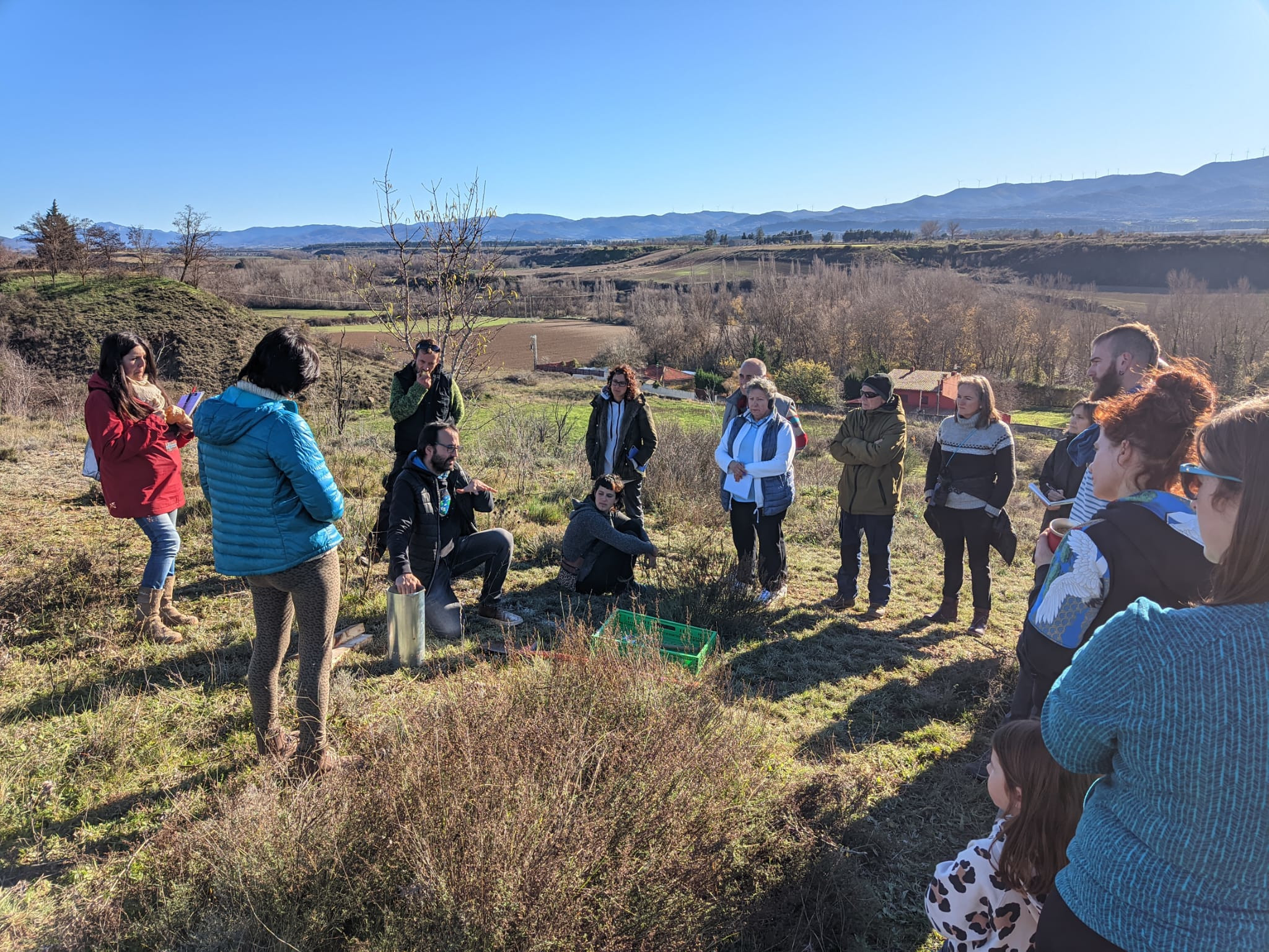Relief in the production of cow's milk
- Aitzol Uriarte Ibarzabal de Mallabia is behind the yoghurt of the Estakua farmhouse: “My father and mother have always had milk cows at home, and although I have already worked in other jobs, two and a half years ago I decided to start this activity.” Before the parents had more cows, but today Uriarte works with seventeen heads. Livestock is kept free in pastures, and although some of the milk is sold to outside companies, another part makes yoghurt at home and sells it directly.

In recent years, the milk produced by the parents was sold abroad, but Uriarte thought that with the transformation at home it would achieve greater profitability, and thus began to make yoghurts: “We placed the focus of transformation in the farmhouse about five years ago, when in the parliament, in addition to the health record, more flexible rules were adopted, adapted to small productions.” Thus, with an investment not so important, the Mallabian managed to meet all sanitary conditions for the transformation process and, since then, produces about 800 liters of yogurt a month.
The producer believes that if he had not had sufficient flexibility to make a space for transformation, he would have embarked on a different path. “Health registration requires large investments, because it is not adapted to small productions. If I had been forced to do so, I would have had to put a lot of money, and that is a big risk.” At the moment it only makes yoghurts, but in the future it also wants to start selling milk in bottle: “The project progresses little by little and with small steps, because daily work takes us a lot of time and a lot of strength.”
On the path of agroecology
Uriarte's goal is to take steps towards the ecological model in the coming years: “The intention is not just to get the certificate. We say that on the path of agroecology you never reach the goal, because there is always something to improve.” Well, the challenge for the producer is to delve deeper into that path. However, since the project was launched, it has worked hard to work from respect for the environment and animals: cows graze while time allows them – this year they have been out until Christmas eve – feed them with non-GM feed and do not use antibiotics.
Mallabian prioritises the direct sale to the market of yogurts: “We sell the product in the house itself and in small shops of the surrounding villages, so we have a very close relationship with customers.” They are also taken to the consumption groups in the area and are related to the movements that are taking place around food and agriculture.






















